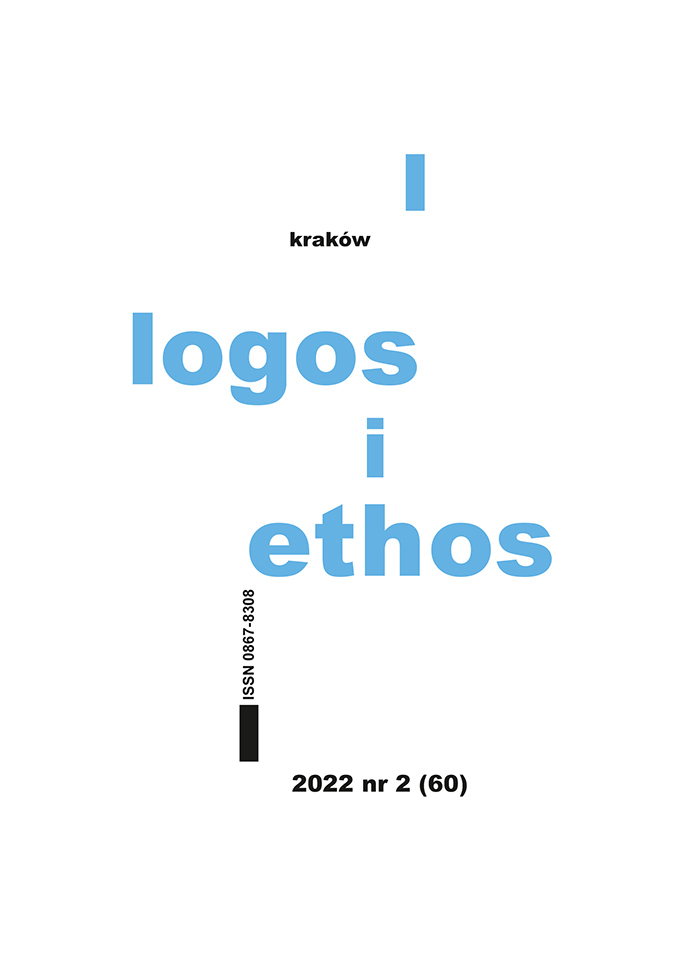Saving Phenomenology with Claude Romano
DOI:
https://doi.org/10.15633/lie.60210Keywords:
phenomenology, realism, lifeworld, Claude Romano, HusserlAbstract
The project of renewing phenomenology proposed by Claude Romano is at the same time an attempt to save it. His works have had an enormous impact on phenomenology in France and beyond. They have also been recognised by the French Academy, which awarded Romano the Grand Prix Moron in 2010 for the totality of his phenomenological works, and in 2020. Grand Prix de Philosophie for his entire body of work. His research is developing in two directions. The first is the synthesis of the phenomenological method. The second is his own idea of phenomenology, which involves interpreting experience as an event. According to Romano, the first step towards saving phenomenology lies already in opening it up to other influences and confronting it with the leading currents of contemporary thought and at the same time reintegrating it into the philosophical debate. However, it is only the turn towards the realism of the lifeworld that is at the heart of the anti-Copernican revolution postulated by Romano and is the aforementioned salvation for phenomenology. It therefore also constitutes the central problem of this article.
References
Bergson H., Cours I: Leçons de psychologie et de métaphysique. Clermont-Ferrand 1887–1888, Paris 1990.
Heidegger en dialogue (1912–1930): rencontres, affinités, confrontations, dir. C. Romano, Servanne Jollivet, Paris 2009.
Husserl E., Kryzys nauk europejskich i fenomenologia transcendentalna, przeł. S. Walczewska, Toruń 1999.
Le Néant: contribution à l’histoire du non-être dans la philosophie occidentale, dir. C. Romano, J. Laurent, Paris 2006.
Lévinas E., En découvrant l’existence avec Husserl et Heidegger, Paris 2004.
Lévinas E., La théorie de l’intuition dans la phénoménologie de Husserl, Paris 2010.
Merleau-Ponty M., Fenomenologia percepcji, Warszawa 2001.
Romano C., Au cœur de la raison, la phénoménologie, Paris 2010 (Folio-Essais).
Romano C., Être soi-même. Une autre histoire de la philosophie, Paris 2019.
Romano C., Il y a: essais de phénoménologie, Paris 2003 (Épiméthée).
Romano C., L’aventure temporelle: trois essais pour introduire à l’herméneutique événementiale, Paris 2010 (Quadrige).
Romano C., La liberté intérieure. Une esquisse, Paris 2020 (Le Bel Aujourd’hui).
Romano C., Les repères éblouissants: renouveler la phénoménologie, Paris 2019 (Épiméthée).
Romano C., L’événement et le monde, Paris 1998 (Épiméthée).
Romano C., L’événement et le temps, Paris 1999 (Épiméthée).
Romano C., L’inachevement d’Être et temps et autres études d’histoire de la phénoménologie, Argenteuil 2013 (Le Cercle Herméneutique).
Wittgenstein et la tradition phénoménologique, dir. C. Romano, Paris 2008 (Le Cercle Herméneutique).
Downloads
Published
Issue
Section
License

This work is licensed under a Creative Commons Attribution 4.0 International License.
Authors who publish with this journal agree to the following terms:
- Authors retain the copyright and full publishing rights without restrictions, and grant the journal right of first publication with the work simultaneously licensed under a Creative Commons Attribution 4.0 International License that allows others to share the work with an acknowledgement of the work's authorship and initial publication in this journal.
- Authors are able to enter into separate, additional contractual arrangements for the non-exclusive distribution of the journal's published version of the work (e.g., post it to an institutional repository or publish it in a book), with an acknowledgement of its initial publication in this journal.
- Authors are permitted and encouraged to post their work online (e.g., in institutional repositories or on their website) prior to and during the submission process, as it can lead to productive exchanges, as well as earlier and greater citation of published work (See The Effect of Open Access).

